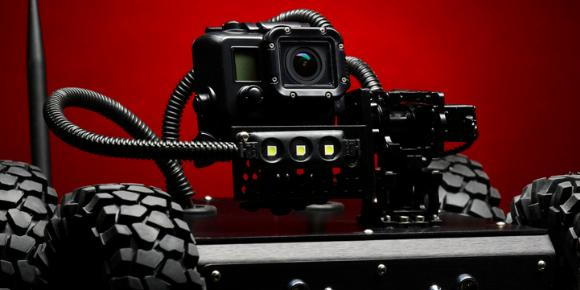
- posted: Jan. 20, 2023
- Civil Rights
The 1987 science fiction action film RoboCop featured a super-human cyborg from the future sent on a mission to eradicate crime in Detroit. Now, more than 35 years later, technology has reached a point where killer robots can be deployed by police departments in real life. The use of robots for law enforcement is a hotly debated subject across the nation. One aspect of the debate is whether municipalities should be afforded qualified immunity from liability for the actions of police robots, just as for the actions of police officers.
Qualified immunity shields police officers from civil rights claims alleging excessive use of force, as long as the force was objectively reasonable under the circumstances. To determine objective reasonableness, courts consider the severity of the alleged crime, whether the suspect posed an immediate threat to the safety of the officer or others and whether the suspect was actively trying to resist arrest or flee. Officers can use deadly force when they have probable cause to believe that a suspect is a violent felon and that the suspect is armed and dangerous.
No court that we know of has yet decided a case about potential qualified immunity for police robots, but as technology advances, it is only a matter of time. The issue came to a head in late 2022, when San Francisco’s city board of supervisors voted to authorize police to deploy remote-controlled robots capable of using deadly force in emergency situations. A week later, in the face of strong protest, the board rescinded its approval.
How could the objective reasonableness standard be applied to robots? Robots don’t go through the same thought process as human officers. They aren’t concerned about threats to their own safety, nor do they have the ability to form beliefs about whether a suspect may be armed and dangerous. However, police robots are typically operated remotely by humans. So the human operator and the police department that owns the robot could possibly be immune from liability if the robot injures or kills a suspect or an innocent bystander. The operator could claim the machine malfunctioned or that he or she never received adequate training on how to operate it.
The courts will eventually have to deal with the immunity issue. There is growing support across the country for the use of robots to perform dangerous tasks that put police officers at risk, such as confronting armed individuals who are threats to others. We will have to wait and see what happens when the first robot cop cases alleging civil rights violations start hitting court dockets.
Pullin, Fowler, Flanagan, Brown & Poe, PLLC in Charleston advises municipalities and law enforcement agencies throughout West Virginia. We are monitoring developments in the emerging world of police robot technology. If you work for a government agency or department and would like to discuss this issue, please call 304-344-0100 or contact us online to speak with lawyer.

























































